 Martin Luther King Jr. was raised under the influence of the church and taught about justice from a young age. As he grew up, he began noticing the injustice he, his family, and other Black Americans faced due to segregation and vowed to rectify it.
EducationHe excelled academically despite every systematic obstacle he and other members of his race faced at every milestone. He became a pastor after studying at Morehouse College, Crozer Theological Seminary in Pennsylvania, and Boston University. His understanding of the role meant bringing about positive social change within his lifetime. Believing that all men are born equal, seeing the ravages of segregation firsthand, and being influenced by political leaders like Mahatma Gandhi, Martin Luther King Jr. rallied people together during the civil rights movement. His words elicited a highly emotional response from crowds during his speeches, especially his most famous one, "I have a dream." Non-Violent ApproachHe was a firm believer in non-violent protests. Despite critique from more militant movement leaders, he stayed staunch in his methods. Imprisoned three times, he was unafraid to write in response to a newspaper criticizing his methods. "The Letter from Birmingham Jail" was published in newspapers and studied in universities. Due to his efforts and under his leadership, non-violent protests like the Alabama bus boycott united a fractionalized, disenfranchised people, empowering them to stand against injustice as one. As a testament to his persistent and patient labor, legislative actions that abolished segregation and injustice and gave Black people their voting rights, The Civil Rights Act of 1964 and The Voting Rights Act of 1965, were passed. LegacyKing's work did not end when he was martyred in 1968. In fact, his martyrdom galvanized the people and became the driving force in the last stand against white supremacy, segregation, and injustice due to racism. His speeches, writings, and story continue to inspire people today to act against oppression. Author: Amita Vadlamudi Websites: amitavadlamudi.com amitavadlamudi.org
0 Comments
Wolfgang Amadeus Mozart was a prolific 18th-century Austrian composer of the Classical period. He was born in 1756 in Salzburg and died in 1791 in Vienna at age 35. He is often touted as arguably the best musician of all time, and he composed music in several genres, including symphony, sonata, and opera. Personal Life Mozart was a child prodigy, born to Leopold, a famous composer and violinist of the Salzburg court. He was introduced to the art at an early age and started performing in public by age 6. At the nascent age of 11, Mozart composed Apollo et Hyacinthus, his first-ever opera. In 1782, he married Constanze Weber. A series of his most distinguished works started to appear post-marriage, and the successful run continued until his last years. In 1790, his health began to deteriorate but got better in 1791. That’s when he created the famous ‘The Magic Flute,’ the ‘Clarinet Concerto,’ and ‘The Requiem,’ which was left unfinished due to his untimely passing. Musical Journey Mozart composed music in all the popular genres of the time, excelling in each. His classic achievements are firmly rooted in the baroque. He has over 600 works to his credit. Mozart’s music structure featuring a four-chord symphony is replicated even today. Mozart rarely experimented with music and instead relied on perfecting existing forms, creating new bars for music genres. He was known for conveying feelings through his music. Mozart went on his first tour in 1769, which lasted 15 months. He would pause to perform at any town where a nobleman wanted to hear him play. Mozart produced much of his inspirational work at the court of Emperor Joseph II. His most notable works include Serenade No. 13 “Eine Kleine Nachtmusik, Clarinet Concerto, The Magic Flute, Symphony No. 41 “Jupiter,” The Marriage of Figaro, and Don Giovanni. ConclusionIn his brief lifespan, Mozart left a lasting impact on Western music. Mozart’s effortless music evoked emotions, making the arduous job of composing look easy. Years after his passing, Mozart is remembered and celebrated as the greatest musician and composer of all time. Amita Vadlamudi, author of this article also publishes at the following websites: Amita Vadlamudi on Behance Amita Vadlamudi on Issuu Amita Vadlamudi on Medium Born in 1820 in Massachusetts, Susan B. Anthony was a social activist and one of the key members of the women’s suffrage movement of 1920s. Anthony’s role as a reformer in the movement was unparalleled.
From a very young age, Susan Anthony worked for social justice and equality. At the age of 17, she gained a reputation for collecting anti-slavery petitions and appeals, which placed her in the midst of the American anti-slavery movement. She worked as a key representative of the American Anti-slavery society in New York. Susan B. Anthony founded multiple societies and organizations in support of the minorities and in challenge of the patriarchal mind-set of that time. In 1852, she founded the New York State Temperance Society, following an event where she was disallowed from speaking at a Temperance conference due to her gender. In 1863, she established the Women’s Loyal National League which gathered over 400,000 signatures calling for the ending of slavery in the States. A few years later, in 1866, Anthony began the campaign of American Equal Rights Association along with other prominent female activists, with the sole purpose of gaining equality for African Americans and women. By 1868 they had established a newspaper called ‘The Revolution’ which prided itself for being a women’s right publication. In 1890, the formal National American Woman Suffrage Association was born after some disputes and contentions within the former National Woman Suffrage Association and American woman suffrage association. Susan B. Anthony was a key member of the NAWSA and represented the organization at all events. In 1872, Anthony was arrested for voting in her hometown in Rochester, at a time when women weren’t allowed to vote. However, no further action was taken apart from a public trial and a fine. In 1878, Anthony, along with her confidante and fellow-social activist Elizabeth Cady Stanton presented a proposal to Congress through Senator Aaron A. Sargent, giving women the right to vote. This proposal was later posthumously incorporated in the constitution as the Susan B. Anthony Amendment, approved as the 19th Amendment in 1920. Susan B. Anthony died in 1906 at the age of 86 leaving an exceptional legacy behind as a pivotal advocate of women’s rights. Author: Amita Vadlamudi Amita Vadlamudi on Twitter Amita Vadlamudi on Pinterest Ludwig Van Beethoven was born in Bonn, Germany, with a musical bloodline. Though the actual date of his birth was never recorded, he was baptized on 17th December 1770. Since it was customary in Bonn to baptize children within 24 hours of their birth, through a consensus,16th December was taken as Beethoven’s birthday.
Beethoven didn’t just happen upon music as his career path. His grandfather was a distinguished musician in Bonn, whose popularity rose quickly after his debut at the age of 21. Beethoven’s father continued the musical legacy by picking up the violin and keyboard, later pushing the young Beethoven to learn the instruments from a young age. Beethoven’s father was known less for his music and more for his alcoholism; however, he made sure that his son learned how to play and understand music, sometimes using harsh methods. Beethoven stuck to his musical roots and became one of the greatest composers and pianists of all time. To understand Beethoven’s legacy and musical output, we can divide his career into three sections: Early, Heroic, and Late. His Early career lasted up to the year 1802. In these years, Beethoven was learning and perfecting his talent He had his first public concert at the age of 7 and continued to grow from there. In 1792, he moved to Vienna and started closely studying the style of Mozart, another musical giant. Soon, he was taken under the wing of Joseph Haydn, which led him to learn how to compose. Following that, Beethoven now entered the Heroic phase of his career. Despite his musical gifts and patronage, Beethoven could not avoid a hardship that directly affected his musical abilities; he was going deaf. It was during this time that the musician first started experiencing his deafness. To work around his impaired hearing, Beethoven started to develop his original style and learned how to compose while losing his sense of hearing. This period lasted till 1812. By 1814, Beethoven had lost almost all of his hearing. He also went through turmoil with his family and health, which caused his output to drop drastically. During his final years, the composer spent a considerable amount of time composing three pieces of music: Missa Solemnis, the Ninth Symphony, and the Diabelli Variations. He died on 26th March 1827, naming his nephew Karl his sole heir. Beethoven’s most notable works include Fur Elise, Fifth Symphony, and his sole opera Fidelio. About the Author: Amita Vadlamudi is a busy blogger, writing on many disparate topics as famous figures, history, science, food and nutrition, and fitness. Amita Vadlamudi's favorite pictures and videos are on the following sites: Amita Vadlamudi on Flickr Amita Vadlamudi on Vimeo One of the most notable Greek philosophers – Plato, was born to a wealthy family around 428 B.C.E. Plato was a devoted student of the great philosopher – Socrates. After the death of Socrates, Plato, aged 40, started teaching and opened up his own school – The Academy - which remained to be operated for nearly nine centuries after his death in 347 B.C. The Academy was an ideal school for would-be politicians in ancient Greece. There, the primary focus of students was to explore self-related questions such as “what is the self?”, “what is the human nature?” etc. Early Life and Education: Plato belonged to a noble Athenian lineage both from his father’s and mother’s side. His father Ariston died quite early when Plato was just a small child. His mother, however, remarried a politician – Pyrilampes. Plato grew up during war times when the Peloponnesian War (431- 404) was going on. The primary subjects that he studied were philosophy, poetry, gymnastics, and politics. Various distinguished Athenian teachers such as the philosopher Cratylus taught him philosophy, poetry, and gymnastics. The young Plato was extremely inspired by the philosophies of Socrates and soon became one of his most loyal and faithful followers. Plato’s Travels and His Academy Life: After Socrates forced suicide in 399 B.C, Plato spent 12 years traveling in southern Italy, Sicily, and Egypt. During his travels, he spent his time studying with other philosophers including a genius mathematician – Pythagoras. He returned back in Athens around 387 and founded his own philosophical school where he delivered lectures to students who came around from different walks of life. It has been said that many of Plato’s writings, especially his most famous “dialogues”, were originated from his teaching there. Plato’s Philosophy: Plato’s philosophy is mostly found in the form of conversations called “dialogues”. One of the speakers of those dialogues is Socrates. Although Plato has multiple famous works, one of the most famous ones is the Republic which showcases his principal philosophy. In this work, he explains the meaning of justice, and what the right criteria is for cities or governments to rule. He further describes what an ideal society is. This work has had a great impact on both philosophy and political studies of all nations of all times. Plato believed that the concept of being rich should be obliterated and everyone should live a simple life. He thought that a philosopher should be the king and rule the society. About the Author: Amita Vadlamudi, a retired Technology Professional, now spends time reading and writing on various topics. Some of the other articles written by Ms. Vadlamudi on Weebly are: https://amitavadlamudi.weebly.com/blog/socrates-the-ancient-greek-philosopher https://amitavadlamudi.weebly.com/blog/aristotle-the-ancient-greek-philosopher https://amitavadlamudi.weebly.com/blog/mahatma-gandhi Socrates, born in ancient Greece in 470 BC, was a scholar, a teacher and a philosopher. He is considered to be the first moral philosopher of the Western ethical tradition of thought and the man who laid down the foundations for the western systems of logic and philosophy.
As part of the mandatory service required of every able-bodied Athenian, Socrates served in the army and participated in three military campaigns with them. Not known for having attractive physical features, Socrates was regarded for his valor in battle and refusal to retreat from threatening situations. Socrates did, however, emphasize the importance of the mind over the body. His philosophy revolved around practical results for the greater well-being of society. Instead of relying on theological doctrine, Socrates sought to develop an ethical system based on human reason. The ancient Greek philosopher believed that human choice was based more on the inherent desire for happiness and that wisdom comes from understanding oneself. He taught that the more a person knows, the better the ability he or she has to make choices that can bring them true happiness. Socrates believed that the same philosophy should guide the government and the politics and that only the people with the greatest virtue, knowledge and ability should be appointed to the government positions. At the time, his teachings and philosophy went against the norm of Greek society and the people in power. In 399 BC Socrates was accused of corrupting the youth of Athens. Socrates chose to represent himself in the trial and argued that he was only fulfilling an important role in society and serving the people. His defiant attitude towards the whole procedure resulted in his being sentenced to death by poison. Socrates accepted his punishment with courage and dignity. He drank the hemlock mixture without hesitation and he described his death as a release of the soul from the body. Amita Vadlamudi is also the author of the following articles on ancient cultures and personalities: https://www.behance.net/gallery/61394521/The-Story-of-the-Great-Persian-Empire http://amitavadlamudi.com/2018/11/11/gupta-dynasty-of-ancient-india/ https://amitavadlamudi.weebly.com/blog/aristotle-the-ancient-greek-philosopher https://amitavadlamudi.weebly.com/blog/the-infinite-wisdom-of-confucius Aristotle, an Ancient Greek philosopher and scientist, was one of the greatest intellectuals in politics, psychology, and ethics. He was born in 384 B.C. in Stagira in northern Greece to a court physician of King Amyntus III of Macedonia. However, Aristotle’s parents died when he was quite young.
At the age of 17, he enrolled himself in Plato’s Academy and served his time there as both a student and a teacher. Aristotle invested 20 years of his life as a student and a teacher in Plato’s Academy, emerging as a recognized critic and an intellect. In 338 B.C., he was appointed to tutor Alexander the Great. In 335 B.C, Aristotle opened up his own school – the Lyceum, in Athens – where he primarily spent his time studying, teaching, and writing. Owing to the huge popularity of Plato’s Academy, the Lyceum attracted the attention of students all over the Greek. The academy was founded on the ideologies of the founder of Plato’s Academy which was Plato himself. During his time in the Lyceum, Aristotle was able to compose approximately 200 works, out of which only 31 survived. The notable works of Aristotle from that time has been categorized into four groups. The “Organon” – a set of philosophical and scientific investigation; the second group is Aristotle’s theoretical work on animals, cosmology etc; the third group is his practical work; and the last but not least is his “Poetic” work. The few most famous of his works include Nicomachean Ethics, Politics, Metaphysics, Poetics, and Prior Analytics. Aristotle made contributions to a wide range of subjects including logic, metaphysics, mathematics, physics, biology, botany, ethics, politics, agriculture, medicine, dance, and theatre. Aristotle believed that any kind of argument can be assessed by its structure rather than its content. The best example of a valid argument is his syllogism – all men are mortal. Socrates is a man and thus, he is mortal. Since the structure of the argument seems logical then the conclusion of the debate is true as well. Aristotle was a big believer of good reasoning backed by scientific reasons. Although Aristotle was a student of Plato, he began deviating from his teachings and consequently rejected many of his teachings. One of them was Plato’s theory of forms which concludes that beauty and other abstract values exist independent of the object. On the contrary, he argued that forms are intrinsic to the objects and cannot exist on their own, separate from the object itself. Amita Vadlamudi, the author of this article is a former Computer Analyst, who is currently enjoying her retirement. Reading, researching and writing about ancient cultures and famous personalities are particular interests of Amita Vadlamudi. Mohandas Karamchand Gandhi was born on October 2, 1869. He was the youngest child of Karamchand and Putlibai Gandhi.
His father was the Dewan (chief minister) of Porbandar, a municipality in what is now Gujarat state, then under the British rule. Karamchand Gandhi, who was known for his diplomatic skills, was the political inspiration in Mahatma Gandhi’s life. His mother was not well-read, but had long-lasting influence over young Gandhi with her commitment to religion and her philanthropic work. Gandhi grew up in a home that worshipped the Hindu God Vishnu, with a very strong element of Jainism, whose chief teaching is non-violence. From these religions, Gandhi extracted the practice of ahimsa (no harm to any living thing), vegetarianism, fasting, and mutual tolerance between different sects. He moved to South Africa to work as the supporting barrister (lawyer) of Seth Abdullah and lived there for 20 years. There he occupied himself with further research on the world’s religions, Hindu spiritual texts, and embraced a life of simplicity (with its main factors being fasting, meditation, and celibacy). The time came for Gandhi to take a stand when he was pushed out of the first class compartment of a South African train for not giving up his seat for an European passenger. He returned to India in 1914. Gandhi would often protest the oppression of Indians under the British rule and call for the economic independence of India. He stressed the importance of manufacturing khaddar, a homespun cloth made in India, to take the place of imported textiles from Britain. Gandhi’s simplistic lifestyle, passionate words, and commitment to a non-violence protest earned him a slew of followers who started calling him Mahatma (the one with the great soul). He became the voice of Indian National Congress, which lead peaceful protests against the British. Gandhi’s work helped India gain independence from the British in 1945. His non-violence approach, however, did not bring lasting peace to him. He was assassinated in 1948 by a Hindu who was upset with Gandhi’s acquiescence to splitting the Muslim majority parts of India into a separate country, Pakistan. About the Author: Amita Vadlamudi is a former computer technology professional. Her resume can be found at her Edocr and Resumonk websites. Ms. Vadlamudi’s favorite images may be found at the Alternion site. While Plato, Socrates, and Aristotle rank among ancient Greece’s most popular philosophers, there are a number of lesser known thinkers who made comparable contributions during their times. Solon, for example, was a politician and poet who actively lobbied against the moral and political decline of Rome. While his attempts failed during his life, Solon is credited as one of the earliest progenitors of Athenian democracy. Democritus, on the other hand, is an example of a pre-Socratic philosopher who furthered conversations on topics as diverse as the atom and the cosmos. One of the more popular Greek philosophers was Archimedes of Syracuse. The thoughts of Archimedes resulted in numerous advances in the field of physics. He achieved various technological successes as well, contributing to inventions that ranged from military artillery to the screw pump. About the author: Amita Vadlamudi has gained experience working in various aspects of the computer systems engineering industry over the past few decades. Outside of her professional pursuits, Amita Vadlamudi spends her time reading about ancient Greek gods and Greek philosophers. Read other articles from Ms. Vadlamudi on her Medium Site. Confucius, whose real name was actually Kong Qui, was born possibly in 551 BC. Not much is known about this famous Chinese philosopher's childhood and early life but some scholars have come up with their own assumptions. Confucius was born in the district of Zou which was controlled by the Kings of Zhou, however, it was governed by the lords of Lu. His father, Kong He, was an elderly commander of the local garrison in Lu. He is thought to have passed away when Confucius was only 3 years of age. He was then raised by his mother, Yan Zhengzai, who followed in his father’s footsteps a few years later at the age of 40. He married a woman, Qiguan, at the age 19 and by the time he was 20 he had become a father to a boy named Kong Li. Confucius was given education in the school of commoners where he studied the “Six Arts”. He is known to be born into an upper middle class family, a class that lands between aristocracy and the commoners. He is known to work several government jobs in his young adult age. Philosophy and Teachings: As the 6th century proceeded the competing Chinese states started to disrespect the rule of the Chou Empire which had ruled for 500 years. This is when China experienced a period of moral decline. Confucius seeing this, decided to develop and reinforce certain societal values of compassion and tradition. His philosophy circled around the concept of loving others (ren) while practicing self-discipline. He believed that the ren could be put into action using the Golden Rule of not doing unto others what you would not wish upon yourself. His political beliefs advocated self-discipline. He said that the leader should exercise the discipline of self in order to remain humble and inspire his followers. According to Confucius, the leader should show compassion to their followers and motivate them to abide by the law by teaching them righteousness. Confucius believed that his job as an educator was to teach people to live with integrity. Through his teachings, he worked to resurrect the traditional Chinese values of benevolence. Death and Legacy: Confucius died on November 21 479 B.C. His followers organized a funeral and dedicated a mourning period. As of 4th century B.C. Confucius was regarded as the man deserving much better recognition for his work during his time. By the 2nd century B.C. his ideas laid down the foundation to the ideology of the state. About Amita Vadlamudi: Reading and learning something new every day is a must to do for Amita Vadlamudi. She found the life and philosophy of Confucius a fascinating study, especially in light of the fact that this great philosopher lived about 2500 years ago. |

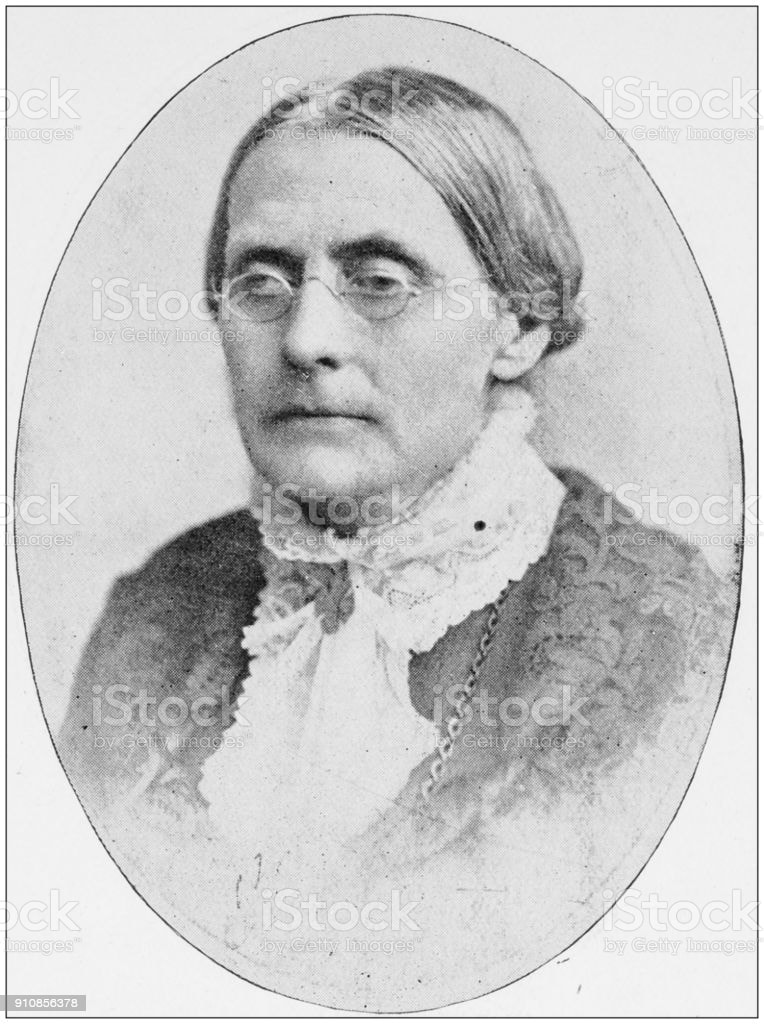
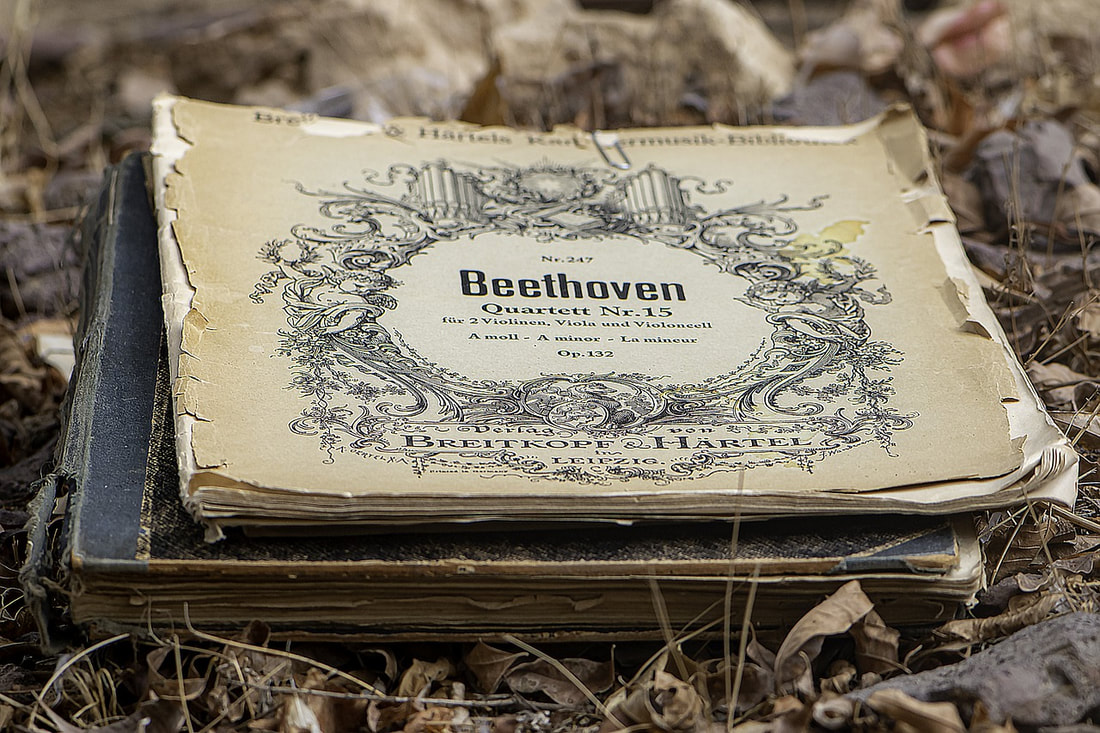
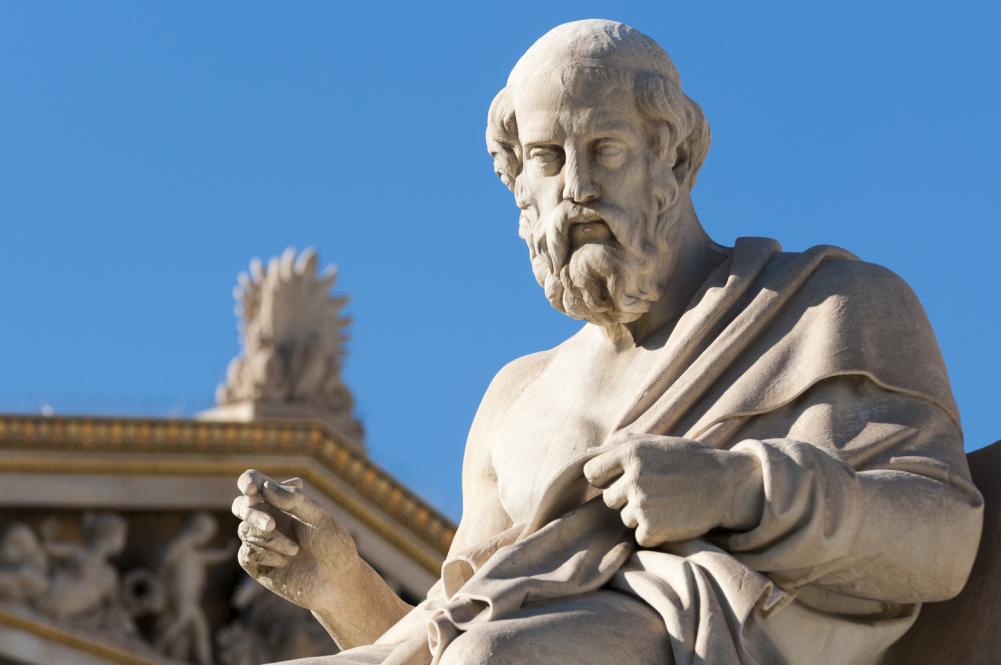
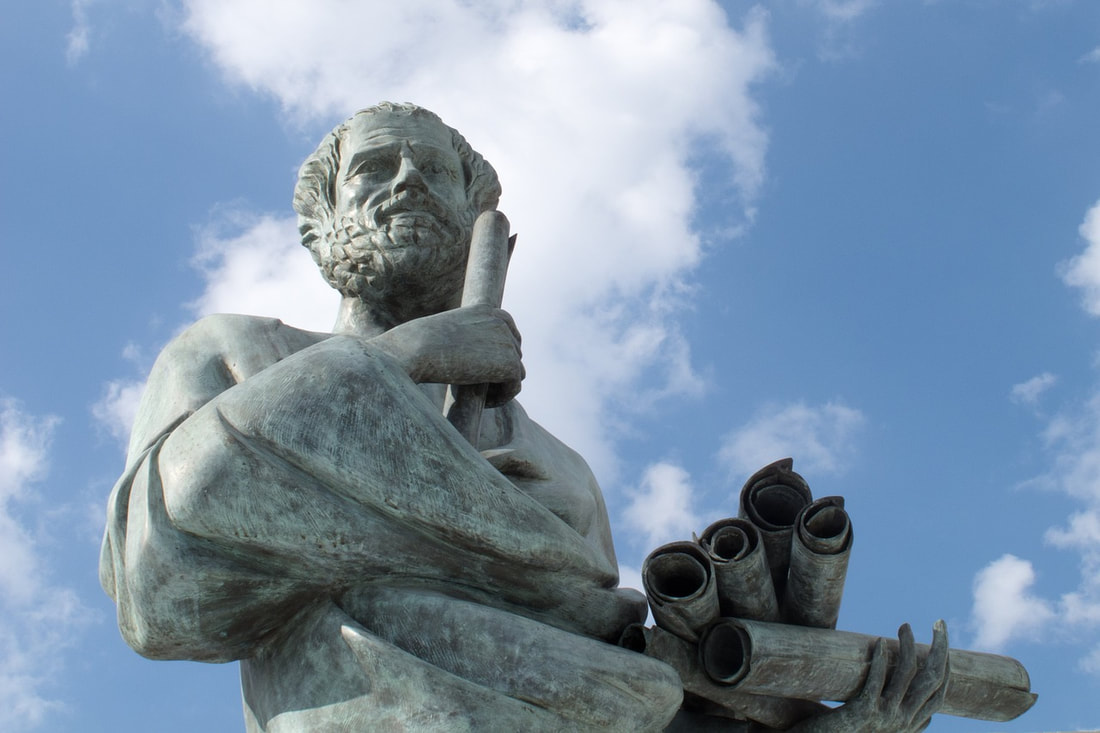
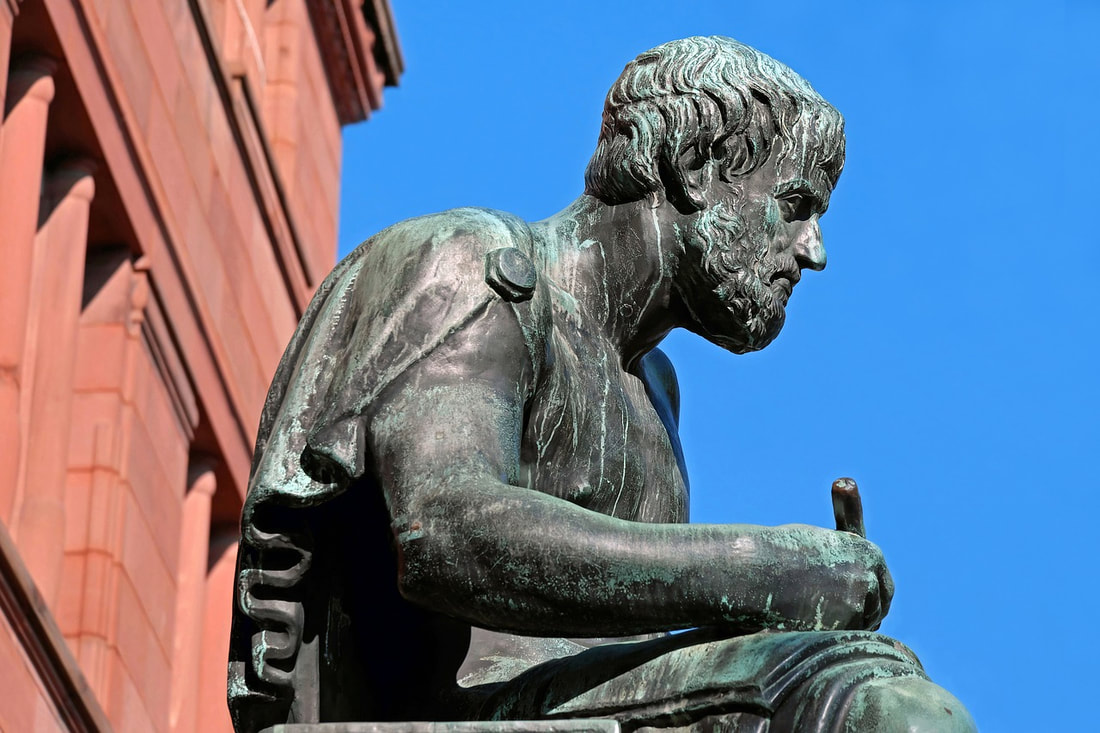
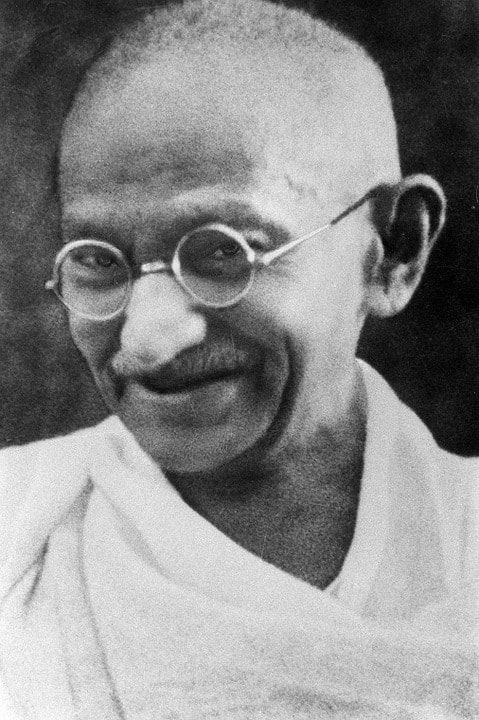
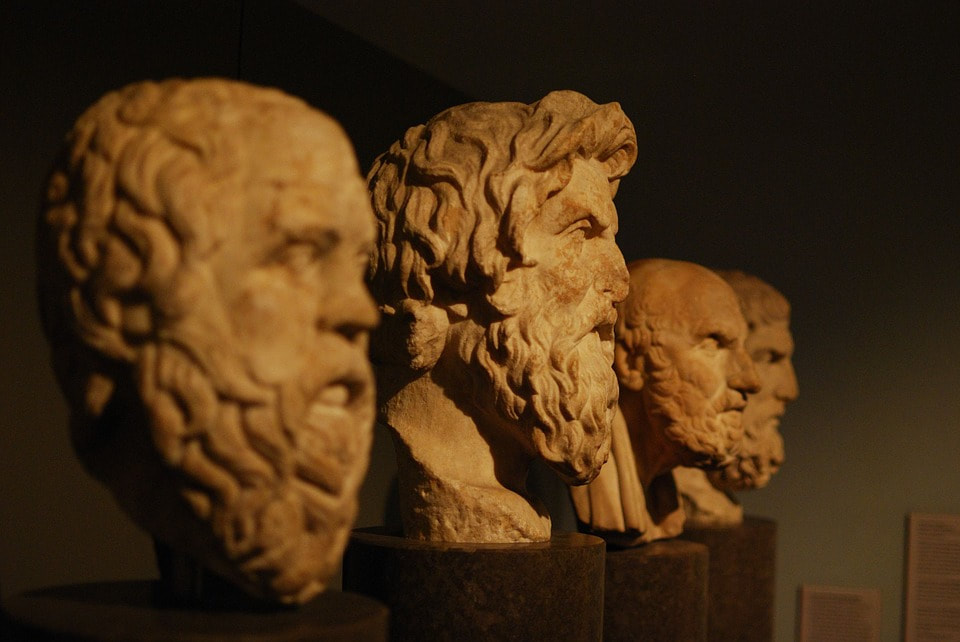
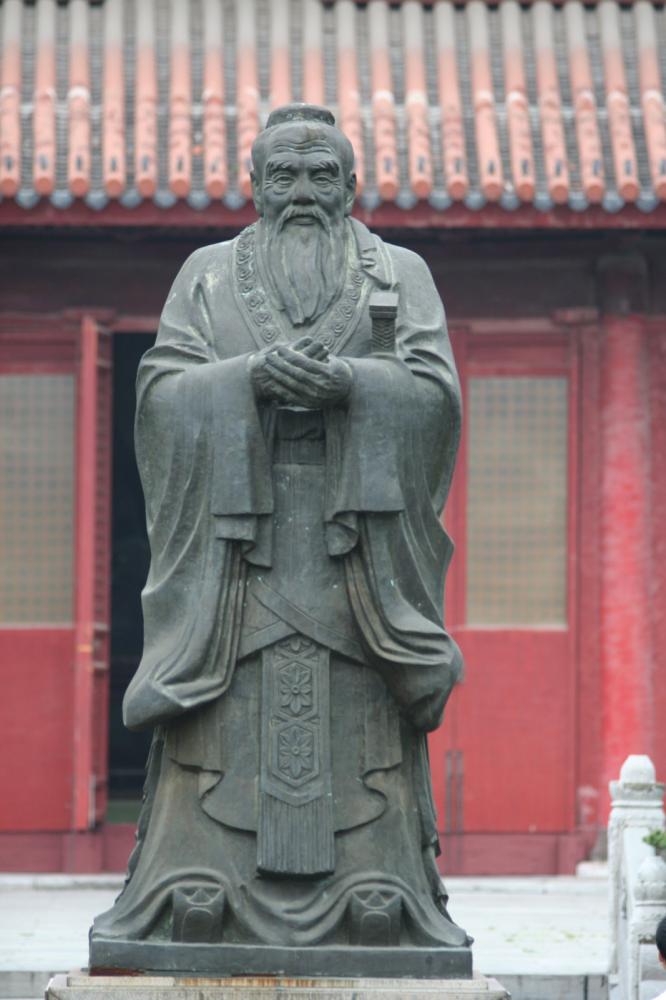
 RSS Feed
RSS Feed
